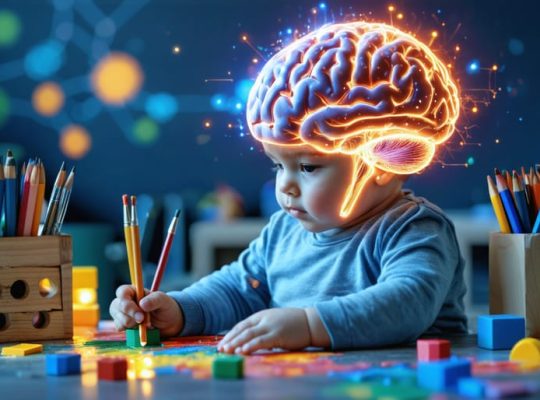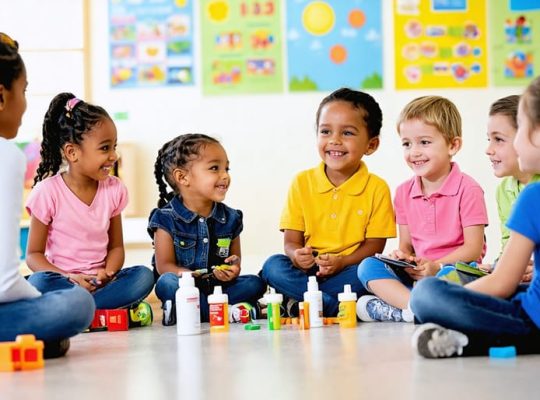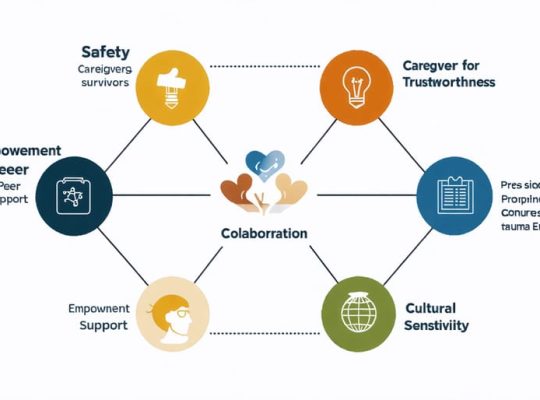Creative Ways to Break the Mental Health Stigma (That Actually Work)
Breaking down mental health barriers starts with bold, personal conversations that break the stigma around mental health. Share authentic stories of recovery and resilience in school assemblies, community gatherings, and social media platforms to normalize mental health discussions. Launch peer support groups where children and teens can openly express their feelings without judgment, fostering a safe environment for emotional growth. Partner with local mental health professionals to organize workshops that equip …










